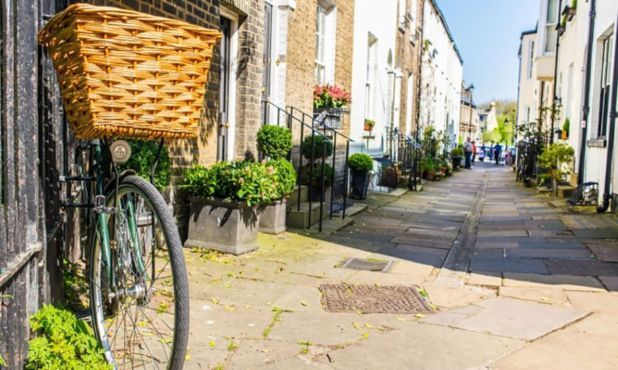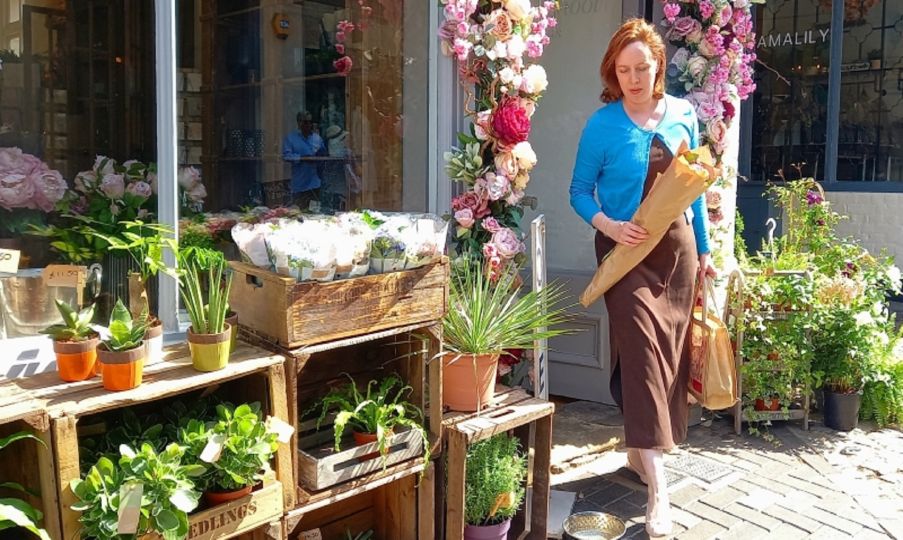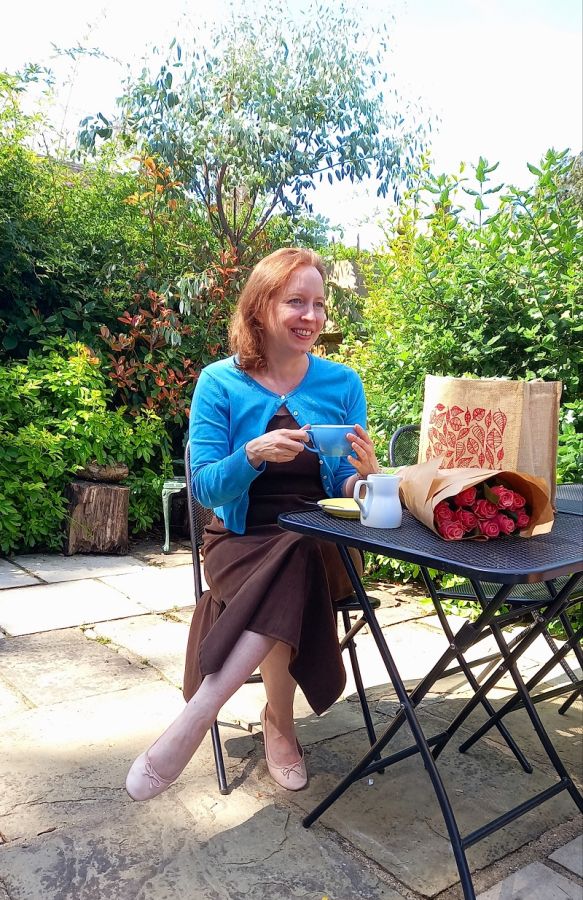
Which towns and cities are leading the green revolution?
How do the urban places we live in support our environmental activities through infrastructure and architecture? BNP Paribas Real Estate research reveals the UK’s top ten towns and cities.


Let's face it, the events of the past year and a half will most likely change our relationship with commuting for a long time to come. Whether it's the daily commute into work or travelling into town to visit friends and go shopping, the pandemic shone a light on how we spend our time, what's on our doorstep, and what we need from our homes. Some predict a rise in flexible working where people travel to an office a couple of days a week, while others might want to continue working from home. Either way, this will reframe how we look at commuter towns such as the one in which I live, St. Albans. Some might argue the town's popularity stems from providing quick and easy access into London but here I want to share some of my experiences of the past 18 months and why patterns of commuting might shift, but the appeal of the commuter town is here to stay.
Living alone during the initial lockdown meant that it became even more important to stay connected to friends, family and colleagues on a regular basis. My office is a short walk away but over lockdown, as with many, my social interactions and work meetings were quickly replaced with video calls. And yes, we were able to stay in contact, and yes, we were able to get the job done and be productive but I realised that nothing really can replace that in person experience.
Sure, working alone meant that perhaps I could be more focused with fewer distractions but ultimately, I missed being around the people I work with: those chats over a sandwich at lunch, getting answers quickly without having to pick up the phone and sharing ideas over the desk. And for me I think this desire for in person interaction will still drive people into the office - whether it is just for a few hours a week to hold brainstorms and meetings - the human connection of being face-to-face is hard to replicate with technology.
I was thankful to be back in the office with my team.
Thinking more specifically about St Albans and other commuter towns, many might be mistaken for thinking that because these places are inhabited with people who prior to the pandemic spent a lot of their time elsewhere with work that they lacked community and a local culture.

On the contrary, these towns have an identity in their own right and with the past 18 months showing people what lies on their doorstep, this sense of community has grown even more. In my apartment building the neighbours really came together to support one another during the darkest days of lockdown and when restrictions lifted the council enabled some of the main roads to be pedestrianised encouraging a more sociable experience in the centre of town – it’s been so successful that it’s being extended beyond the lockdowns.
Furthermore, St Albans has a great range of local business, which people can enjoy on their doorstep. Whether it’s getting fresh flowers from the Flower Box, indulging in a treat from The Pudding Stop or having a relaxed brunch on a weekend at the George Street Canteen, the town offers lots of options for its residents who don’t want to go very far.
When it comes to what we are seeing from the clients coming through our doors, they share the sentiment that I do of wanting to return to the office. While many businesses' back to work policy is still being thrashed out, our clients do expect that at some point they will be required back into the office, and they want to go - at least for some of the week. Therefore, a home that still has robust travel connections into London is still a key requirement for them, and with the countryside also on the doorstep they are able to have the best of both worlds. And it is for this reason that I believe despite working patterns shifting, commuter towns will retain their popularity for many years to come.